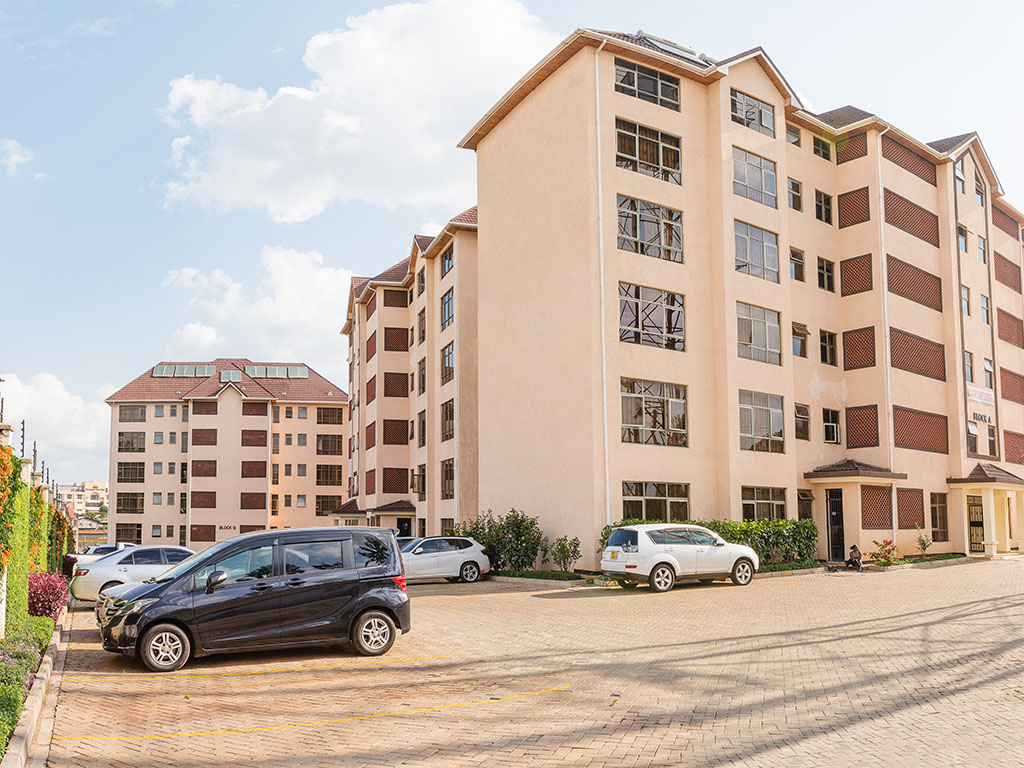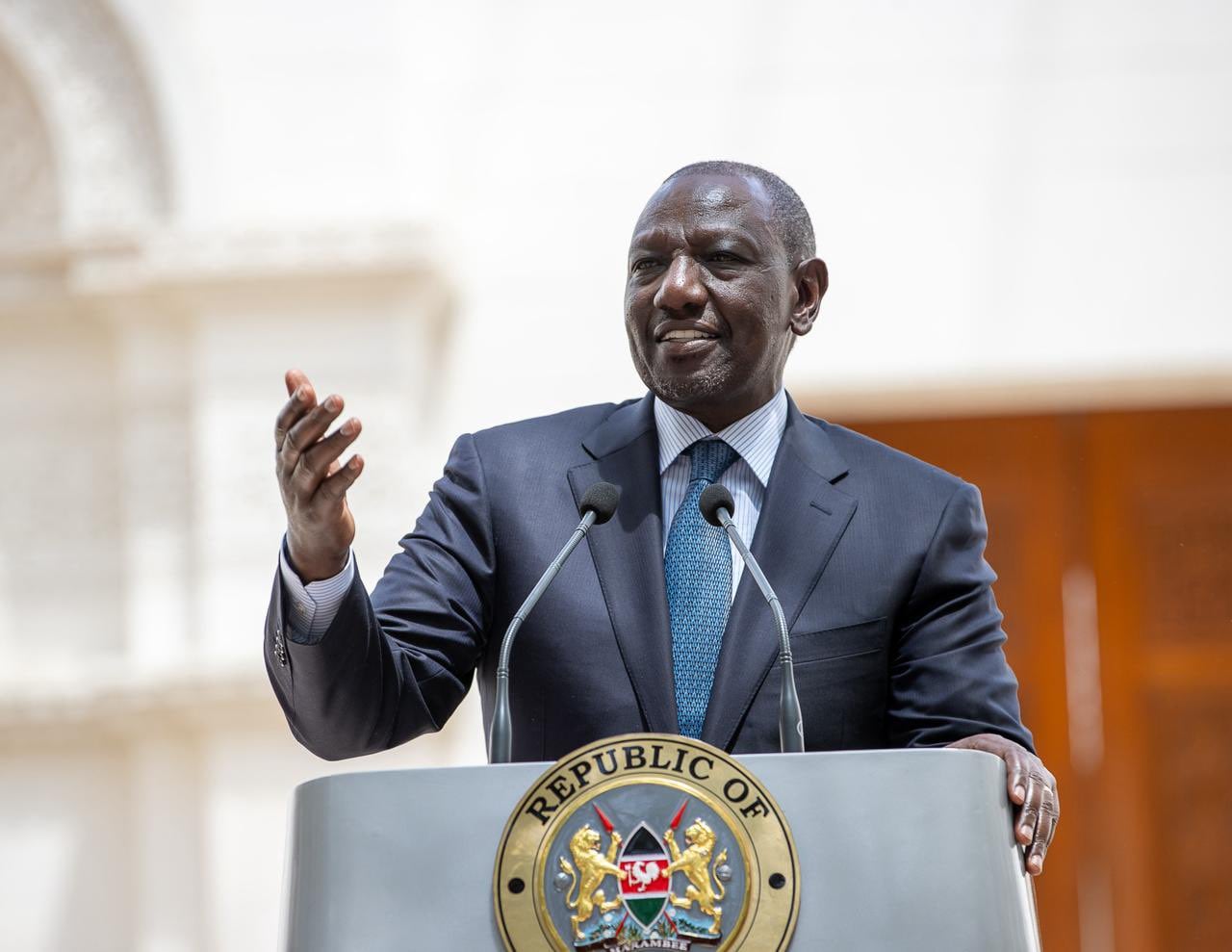HassConsult, a real estate company, has released a report naming five Nairobi estates where landlords enjoyed higher returns on their rented property.
According to the Property Index which covered the fourth quarter of 2023 (September - December), landlords in the estates enjoyed higher returns despite high inflation and a weakening shilling.
HassConsult established that Ongata Rongai led in return on investment recording a 15.4 per cent profit margin annually.
Other estates that recorded significant gains in investment in 2023 included Athi River (15 percent), Kitengela (11.6 percent), Loresho (11.5 percent), and Nyari (9.9 percent).
Read More

Landlords who invested their money in rental units in the above-mentioned estates competed with other investors in Treasury Bonds, Bills, and those in the National Securities Exchange (NSE).
HassConsult attributed the positive outlook on the property sector to higher tax policies implemented by President William Ruto's administration which scared investors from the bond market.
"These returns competed favourably with those of Treasury bills and bonds whose net returns ranged from 9.5 per cent to 17 percent in 2023. Concerns about the safety of bonds due to the government's high debt exposure however saw some investors seek alternative investments, which included property," HassConsult stated.
"The property returns from the best-performing satellite towns and suburbs also outperformed the NSE 20 Share Index, which had a return of -9.4 per cent in 2023, and bank savings that averaged 3.8 per cent in interest through the first 10 months of the year."
Nonetheless, Kenyans were compelled to buy properties at increased prices in the fourth quarter of 2023 as the weakening shilling affected the cost of materials.
The realtor indicated that all the 18 Nairobi suburbs recorded higher buying prices, led by Langata, Ridgeways and Spring Valley, while in the satellite towns, Juja, Kitengela and Athi River were top performers during the quarter.
"The elevated inflation, which averaged 7.7 per cent in 2023, has meant reduced spending power for both home buyers and rental customers, while the weaker shilling raised input costs for developers which in high demand suburbs had inflationary effects on property prices," the report noted.
The increase affected tenants who were also compelled to dig deeper into their pockets to match the new rental rates imposed by landlords.











